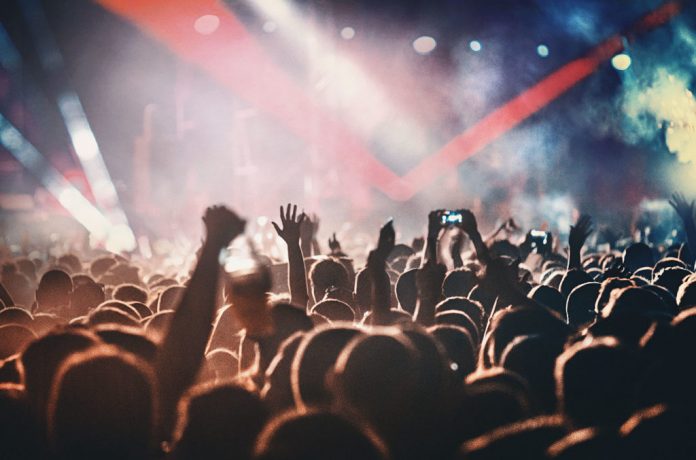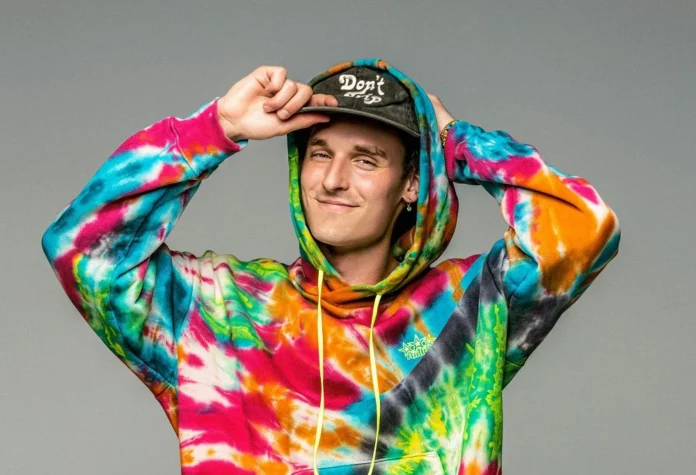
2025 Festival Cancellations: A Crisis for Live Music?
As the summer of 2025 kicks off, one thing is becoming painfully clear: music festivals are in trouble. What used to be a season of nonstop lineups, weekend wristbands, and euphoric crowds has shifted into a wave of cancellations, slow ticket sales, and fan frustration. This year alone, more than 40 festivals have already been canceled, according to a CNN report that’s turning heads across the industry.
Among the most notable exits is Pitchfork Music Festival, a Chicago staple for nearly two decades. Known for its eclectic lineups and indie ethos, Pitchfork quietly pulled the plug after its 2024 edition, joining the ranks of other festivals that have recently folded including Atlanta’s Music Midtown, Florida’s Kickoff Jam, and legacy names like Made in America and Firefly, both of which haven’t returned since 2022.
What’s Causing the Collapse?
The problems run deep and wide. Start with shifting tastes. In an era where TikTok and Spotify algorithms serve up hyper-personalized music experiences, the idea of paying hundreds to see a mixed bag of artists you might not know feels less appealing especially for younger fans. Why risk it when you can watch your favorite artist’s arena tour instead?
That’s exactly what’s happening, according to Will Page, former chief economist at Spotify. “Roll forward to 2024, you go all in to see Taylor Swift, and you don’t bother with the festival,” Page told CNN. Stadium acts are cannibalizing festivals, pulling away not just fans but also artists who are opting for solo tours where they earn more and control the experience.
Then there’s inflation. With the cost of living spiking, music fans are prioritizing where their money goes. A weekend pass, camping gear, overpriced drinks, food, and travel? That can easily run north of $600. Many are deciding it’s just not worth it. And that’s if the festival even happens.
Uncertainty, Delays, and Refund Drama
Cancellations aren’t the only issue. Some festivals have pulled last minute schedule changes or offered limited refunds, frustrating fans even further. Midwest Dreams, a new EDM festival slated for launch in St. Louis this May, postponed just a week before its debut officially citing tornado damage. But skepticism brewed online, especially as other events at the venue were still scheduled to go on. Attendees were initially given only 24 hours to request refunds before tickets were automatically rolled over. (Organizers later clarified that refunds would be honored, blaming the vendor for the initial policy.)
Even long-established festivals are struggling with logistics. Last year, Electric Forest had to shut down early due to thunderstorms, canceling headline performances and leaving many fans without refunds or make-goods. That incident is still casting a shadow over the 2025 edition, where single-day passes are now priced at $175 a steep ask after 2024’s fiasco.
The Magic Is Fading
Part of what made festivals special was the sense of discovery. As Blake Atchison, co-founder of Nashville’s Deep Tropics festival, told CNN: “You could stumble upon an amazing band or DJ that you end up loving… there’s just nothing like it.” But that magic is harder to find these days.
Some long-time fans point to over-commercialization as the root cause. Events like Bonnaroo and Lollapalooza have increasingly leaned into corporate sponsorships and recycled lineups. Once a haven for underground scenes, these festivals now often feature the same headliners across multiple cities. (This year, artists like Tyler, the Creator, Luke Combs, and Olivia Rodrigo are headlining both Bonnaroo and Lollapalooza.)
Even the founders are noticing the shift. Perry Farrell, creator of Lollapalooza, told the Chicago Tribune back in 2016: “I sometimes cringe at my own festival,” bemoaning the flood of mainstream EDM acts after Live Nation took control.
What Comes Next?
Despite the chaos, people still crave live music. Concert attendance is booming even as prices soar. So what gives? It may come down to experience. Large festivals are plateauing because they’ve stopped innovating. They’ve lost the grit, the edge, the grassroots vibe that made them iconic. The question now isn’t just how to save them it’s whether they’re worth saving in their current form.
Some artists are sidestepping the whole festival model. Bands like The All-American Rejects are booking house party tours and performing in backyards, college campuses, even bowling alleys. The intimacy, authenticity, and social media buzz around these shows are breathing new life into live music and making traditional festivals look outdated by comparison.
Meanwhile, industry giants like Live Nation and AEG continue to dominate the major festival landscape, favoring big-name acts and cookie cutter formats. That leaves little room for experimentation, and even less for the underground scenes that once fueled the festival explosion of the early 2000s.
Final Word
The festival industry is in a reckoning. Rising costs, changing fan behavior, and a saturation of sameness are pushing even the most iconic events to the brink. As fans, we’re watching in real time as a cultural institution evolves or collapses.


